Selling broccoli, bananas, apples, cucumber and potatoes loose with no Best Before dates would cut both plastic pollution and food waste, ground-breaking new research has found.
The new research by Wrap, the waste and resources charity, is significant in breaking for the first time the commonly-cited perception that plastic packaging is necessary to extend the shelf life of fruit and veg and reduce food waste in the home.
Looking in detail at the five most frequently wasted items in the home, Wrap found that selling them loose while also removing Best Before dates could prevent 100,000 tonnes of food waste and 10,300 tonnes of plastic.
For apples, potatoes and bananas, selling them loose would enable people to buy the amount they need, rather than too much, and in doing so save 6,500 trucks of food waste per year, Wrap said.
Meanwhile, removing date labels from all five products could save 50,000 tonnes of food wasted in the home. Wrap said between eight and 11 per cent of people mostly or entirely use the date label for these products to choose whether to eat the item or not, resulting in edible food being thrown away.
“This important research could be a game-changer in the fight against food waste and plastic pollution,” said Wrap chief executive, Marcus Gover.
“We have demystified the relationship between wasted food, plastic packaging, date labels and food storage. While packaging is important and often carries out a critical role to protect food, we have proven that plastic packaging doesn’t necessarily prolong the life of uncut fresh produce. It can in fact increase food waste in this case. We have shown the massive potential to save good food from being thrown away by removing date labels.”

Both food waste and plastic are direct and non direct climate issues; while plastic packaging is overall a resource-efficient material, its production is heavily reliant on fossil fuels. Food waste is a major greenhouse gas emitter once it ends up in landfill, along with the wasted energy and emissions that went into its production. Plastic packaging has long been used to preserve shelf life, but Wrap said the gains were relatively little when people rely on Best Before dates and throw away food that could be eaten anyway.
While there is a compelling case to take up the recommendations and ditch plastic packaging, Wrap said the move is “not without its challenges”. “Supply chains have been optimised to sell fresh produce packaged and people have become accustomed to buying it that way,” the report said.
Researchers said the new evidence suggests that Best Before dates do not support people’s ability to judge when to use or throw out fruit and veg, and said removing them should be a priority action.
As a third recommendation, Wrap said instead people should be offered more guidance as to how to store certain fruit and veg in appropriate temperatures. For example, storing broccoli and cucumber at four degrees gave “significantly” more shelf life than storing at nine degrees.
In all cases, optimal storage temperatures extended the shelf life of produce by days, weeks and in the case of apples, months.
As a long-term goal, Wrap said retailers should aim to eliminate plastic packaging for fruit and veg unless it is demonstrated to reduce food waste.
Tips to cut plastic and save waste:
- Buy loose when it’s available and buy only what you need
- Put fresh produce in the fridge to increase its life, set fridge to five degrees or less
- Use your judgment when food is good to eat rather than relying on Best Before dates
- Use By refers to food safety and you must not eat food past this date. Freeze foods if you are unsure if you will eat it before this date.
Read our guides for freezing fruit and veg for more tips.

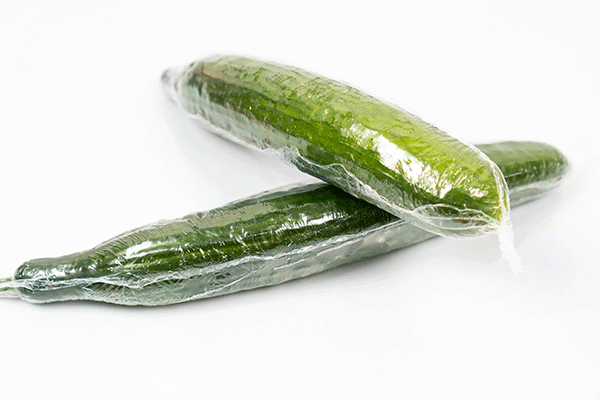
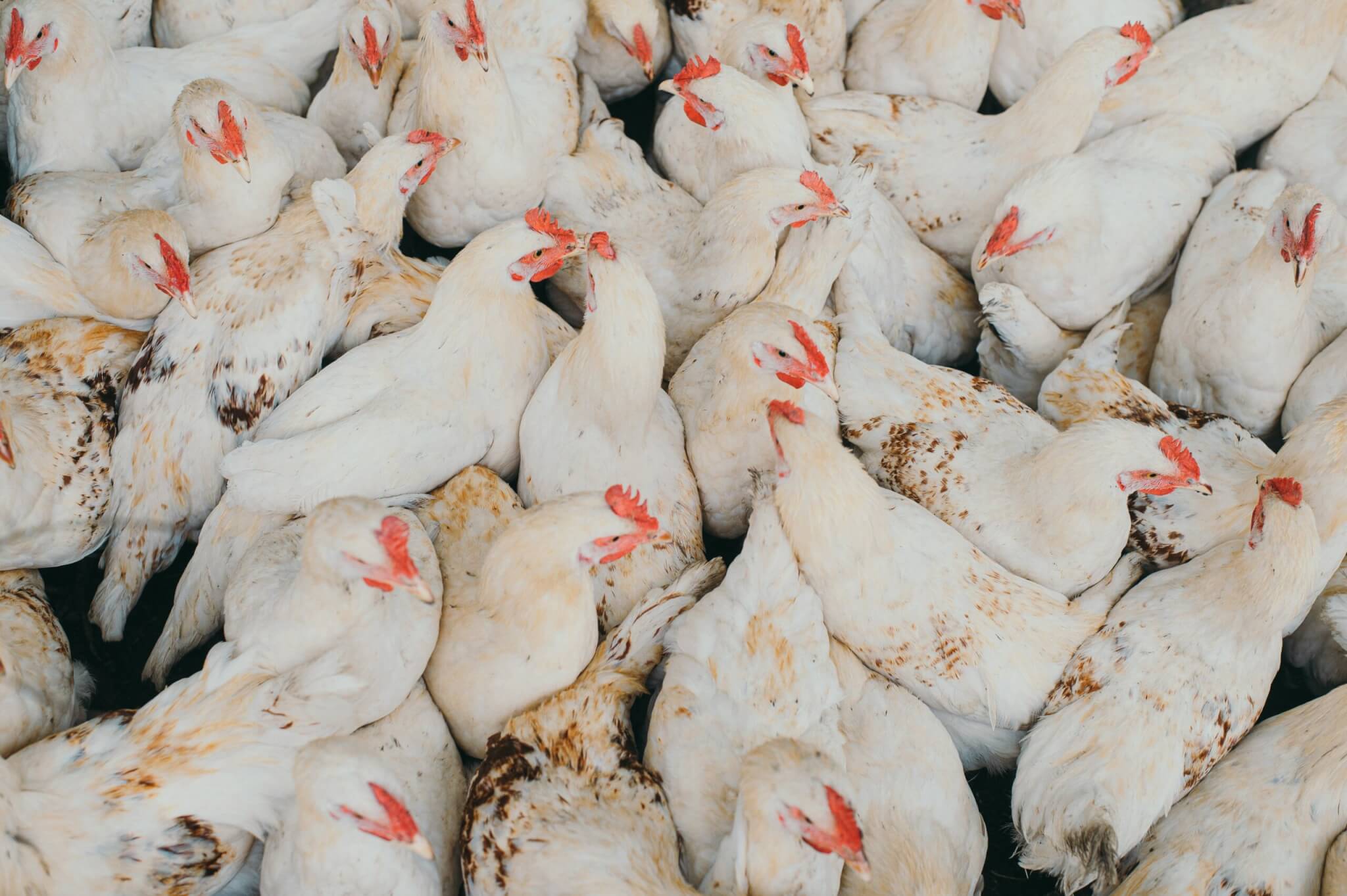
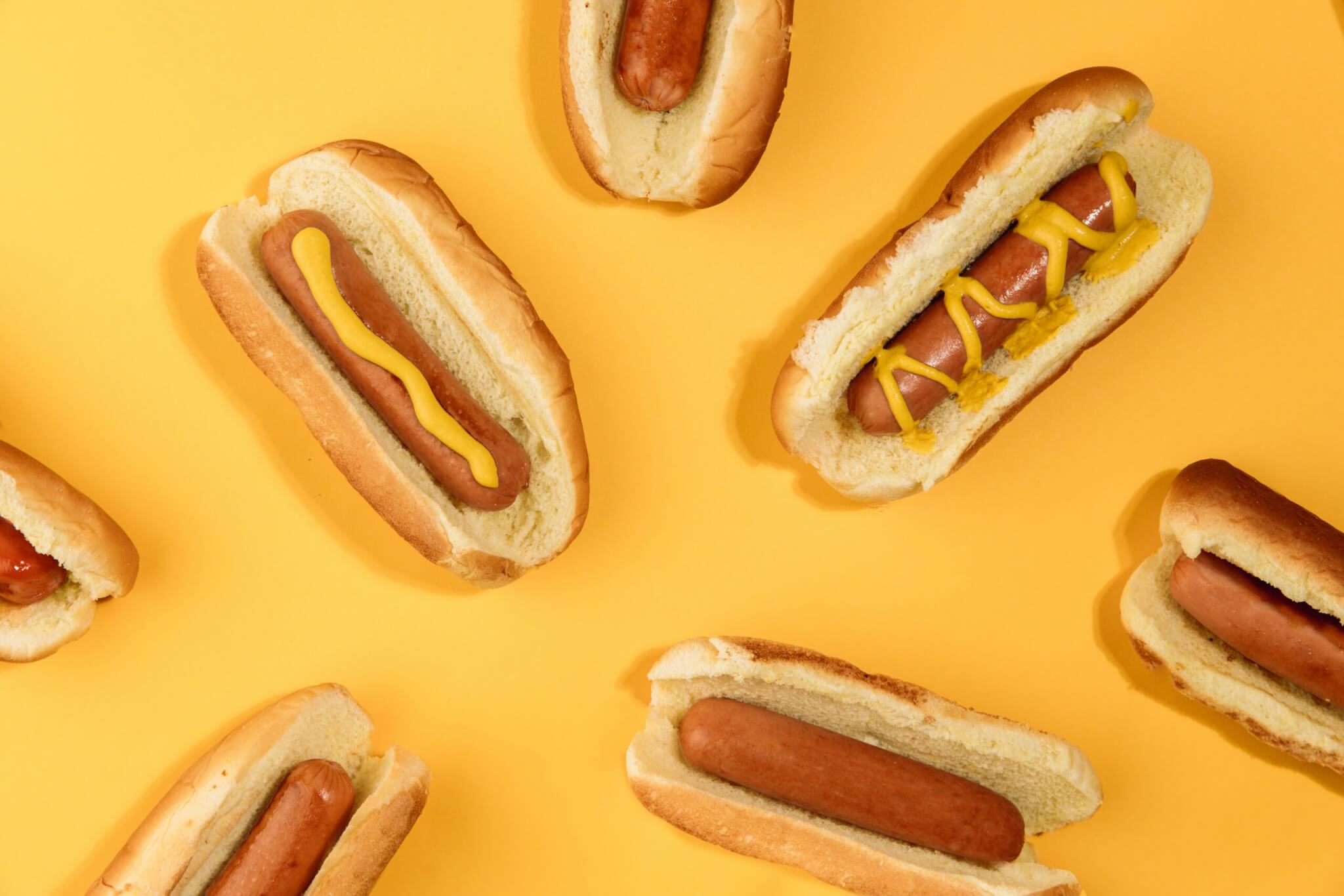


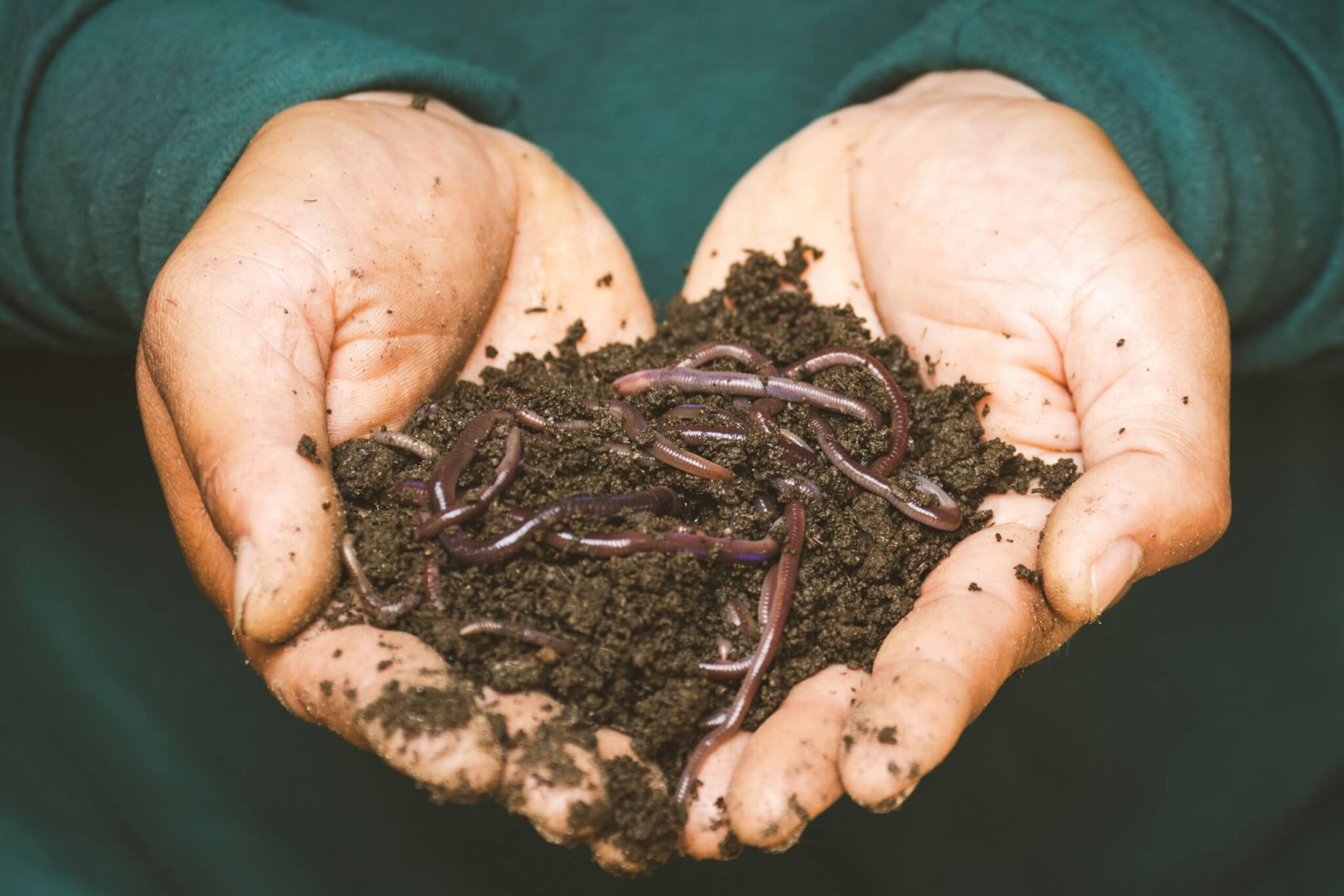
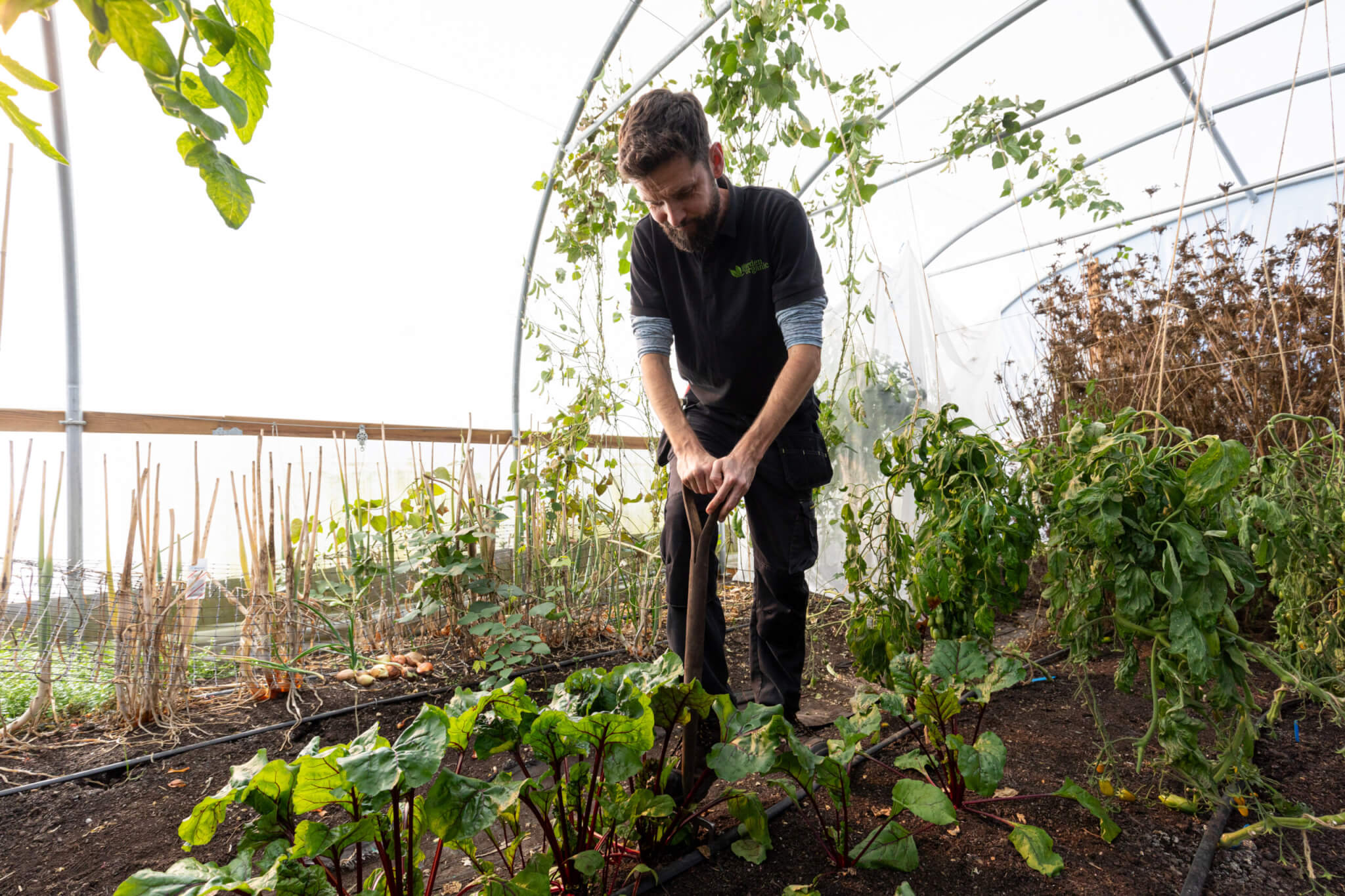





So in my next Veg box I want 5 carrots, 14 potatoes and half a dozen banana’s – yeah right but just try to buy it like that – all unwrapped and ready for inspection!
However getting rid of the so called Best by or Sell by dates only confirms what I have long believed – that sell by dates etc. are nothing more than a con by producers and sellers to sell more of their produce and who cares about the waste – I can hear the squeals already! {Actually “Riverford” do I believe, try not to get caught in the trap but I think when competing against other like minded shops etc. they do have to make a living so yes, maybe not perfect but for now they are the best of the rest!]
The Walrus!
Cucumbers can be problematic. In the summer, I grow my own leading to the inevitable glut. After years of experimenting I find that a sealed plastic box in the fridge is the best way to extend life, almost as good as the ‘condoms’ condemned in this piece. My fridge is kept at 4C and I think it’s fairly accurate and consistent, but I lose a lot of cucumbers to frostbite in the winter.
You really can see why preserves like cucumber pickles came into being so that no precious home-grown veg goes to waste during a glut.
You will not be surprised to hear that at least half my glut goes into the Riverford recipe for cucumber pickle. Just now, my first new season cucumbers are sprouting seed leaves and there’s only a cm of pickle left in the last jar.
Here’s to a bumper crop again this year to replenish your stores!
I have experimented with cucumbers in the fridge, and they do last a lot longer if plastic wrapped, even as I cut off a length for use and return the rest. I believe someone somewhere has developed a vegetable based shrink wrap, which is surely the way to go. Likewise apples; half a dozen plastic wrapped last several months in the fridge. When one can’t go to shops every day, long life is important. Wrapped celery has a longer life too.
And I am sorry, but I like my cauliflowers in a spastic bag because I can lift it easily by the bag and there is less chance of anyone having poked around inside the outer leaves. (Oh yes they do!)
As Ian C mentions, a container in the fridge can do a great job of keeping moisture in, without single use plastic. There are so many great resources online to explore for plastic free alternatives, from silicone pouches to beeswax cloths; it is definitely worth experimenting to find ones that work well for you.
Have you considered the cost of some of these silicone pouches and waxed cloths? Let’s hope they become cheaper.
Thoroughly agree with this article, coming of a generation who grew up without plastic packaging and / or sell by dates. The shops I use do not have any sort of packing, not does the shop I work in. If supermarkets (which I haven’t used for many years) were banned from using plastic packaging we would all survive. And as for the environment, it’s a question of Needs Must. Plastic packaging or the environment. No brainer……
The question we should all be asking is who benefits? Not us, with a mountain of single use plastic and excess packaging to dispose of (which we have paid for), and certainly not the environment.
Supermarkets should be providing solutions, not just making profit – and as you say, singe use plastic is a recent thing. We can do better, and hopefullythe new global plastics treaty in the pipeline should help get reluctant governments like ours going in reducing plastic and creating truly effective reuse/recycling systems.